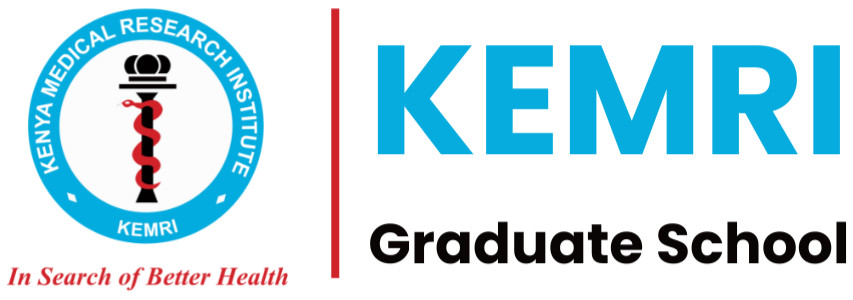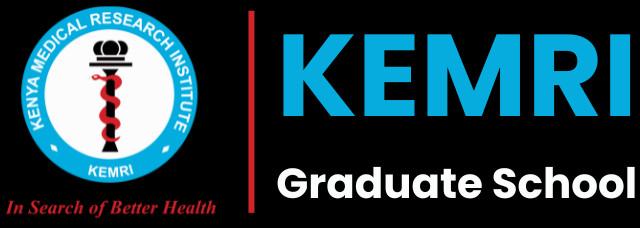In its ongoing efforts to equip researchers with cutting- edge skills, the KEMRI Graduate School (KGS) recently conducted a five-day Qualitative Data Analysis Training Workshop aimed at empowering students with the essential tools needed to successfully complete their dissertation projects. The workshop, held at the KGS Annex Conference Hall from 30th, September to 4th, October 2024, provided 19 students with practical skills in qualitative research methodologies and data analysis techniques.
Acting Deputy Director in charge of Trainees Welfare Department, Dr. Elizabeth Matey, officially opened the workshop, emphasizing its importance in enhancing the students’ research capacity. “The workshop is designed to provide students with an applied approach to qualitative data analysis, focusing on multiple methodologies,” she remarked during her opening address.
Over the course of the training, participants were exposed to a comprehensive curriculum that covered key areas such as qualitative research designs, data collection methods (including Focus Group Discussions, In-Depth Interviews, and Key Informant Interviews), and how to effectively communicate findings. They also received hands-on experience with qualitative data analysis software, including NVivo, Dedoose, MAXQDA, and ATLAS.ti. The workshop also addressed the intricacies of code development, data coding, and report writing skills that are essential for producing high-quality research outputs.
Participants are expected to apply these new skills to enhance the quality and timeliness of their research work. By the end of the workshop, students should be able to import transcripts into NVivo or Dedoose, develop a codebook, code qualitative data, write narrative summaries, and produce comprehensive reports. These capabilities are crucial in translating raw data into impactful research findings that can effectively inform both academic and non-academic audiences.
During the closing ceremony, Dr. Matey awarded certificates to the participants and encouraged them to integrate their newly acquired skills into their dissertation work and professional environments. “The knowledge you’ve gained here should not only be used to advance your own research but also to uplift your workplaces and communities,” she said.
Ag. Director, Research Capacity Building, Dr. Martin Bundi echoed Dr. Matey’s sentiments. “As the first cohort of this training initiative, you are now pioneers in advancing qualitative research within the KEMRI Graduate School community. I encourage each of you to take on the role of peer mentors and trainers for your colleagues, spreading the knowledge and skills gained during this session. Your contribution will be instrumental in building a strong culture of research excellence,” he stated.
Dr. Bundi urged the students to apply their newly acquired skills to guide their research projects and data analysis processes, ultimately producing well-analyzed and insightful research findings. This initiative represents KEMRI’s commitment to fostering research excellence and capacity building among emerging health scientists in Kenya and beyond.

